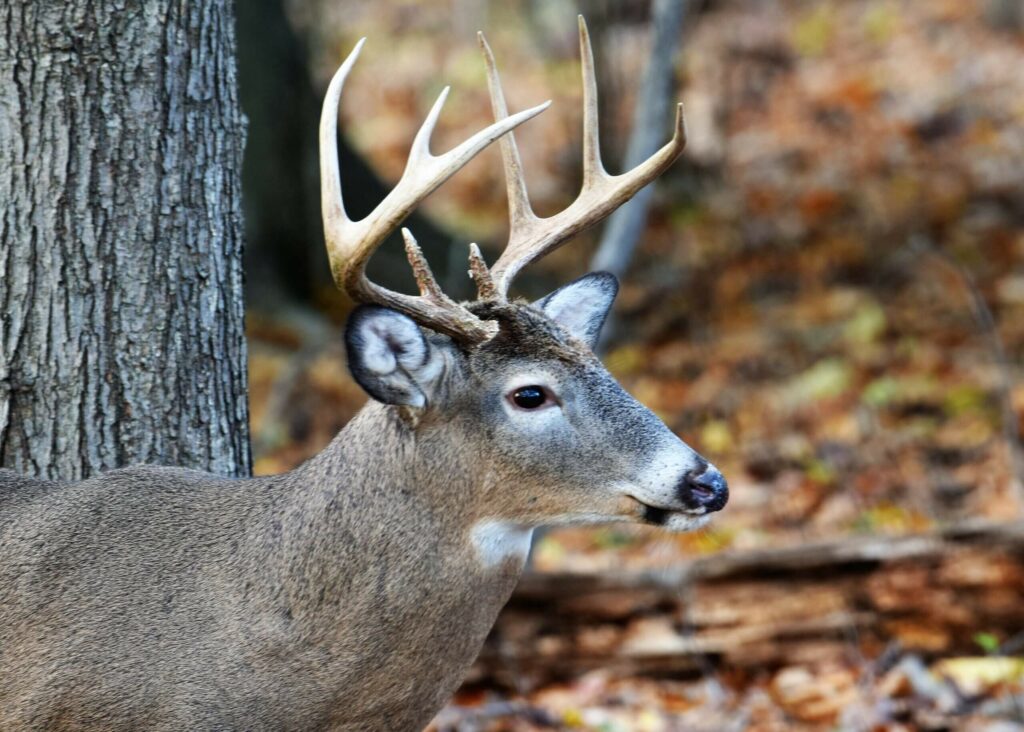SARS-CoV-2, the virus that causes COVID-19 in people, is primarily spread from person-to-person through close contact. We know the virus can sometimes be spread from people to certain susceptible animal species, which includes white-tailed deer. Recently, there have been reports of wild and captive white-tailed deer in other states infected with SARS-CoV-2.
According to the CDC, there is no evidence that wildlife, which includes white-tailed deer, are a source of COVID-19 illness for people in the United States, or that people can get COVID-19 from preparing and eating hunted game meat. Based on current information, the risk of animals spreading SARS-CoV-2 to people is likely low. Close contact with an infected person is still the most likely way a person would be exposed.
However, we still have much to learn about white-tailed deer and SARS-CoV-2 infection, including learning what risk, if any, an infected deer may pose to hunters. Current information is extremely limited.

Hunters are always encouraged to use good hygiene practices when processing animals to reduce their risk of exposure to many possible disease agents. Incorporating a few additional measures can also help to reduce their risk of possible exposure to the SARS-CoV-2 virus.
- Do not harvest animals that appear sick or are found dead.
- Keep the carcass and meat clean. Cool the meat as soon as possible after harvesting the animal.
- When handling and cleaning the carcass:
- Wear rubber or disposable gloves.
- Wear a mask.
- Do not eat, drink, or smoke.
- Limit cutting into and handling the spinal cord, brain, lungs, throat, and mouth/nasal cavity to only what is necessary.
- When finished handling the carcass:
- Wash hands thoroughly with soap and water.
- Wash all knives, equipment, and surfaces that were in contact with the carcass with soap and water and use a disinfectant.
- If you are immunocompromised, consider asking for assistance with carcass processing and handling.
- Cook all game meat thoroughly (to an internal temperature of 165°F or higher).
 Official Site of The State of New Jersey
Official Site of The State of New Jersey



